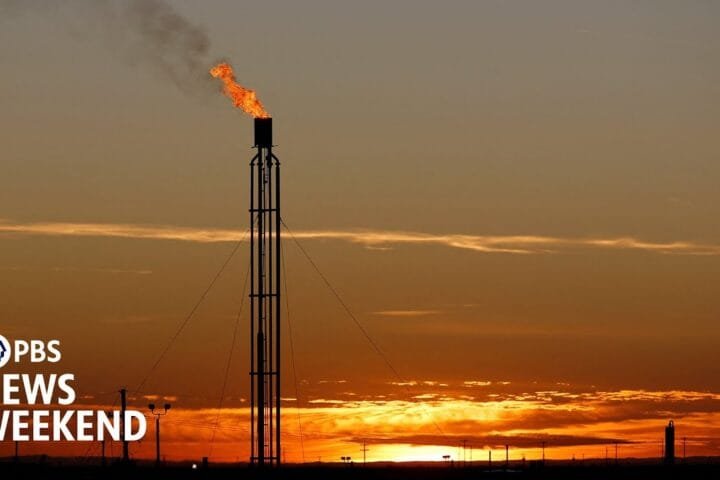Summary
- Jerome Powell, Chair of the Federal Reserve, considers climate change to be an “emerging
- threat” and not a major concern for financial stability at the moment.
- Powell’s wait-and-see approach to climate change risks underestimates the potential long-term damage and locks us into irreversible changes to the planet and financial system.
- While Powell believes banks can manage climate risks internally, the Federal Reserve must consider the broader financial stability threats posed by climate change, especially regarding insurance markets and homeowners.
- European central banks, like the ECB, are ahead of the US counterpart in addressing climate risks, mandating transition plans and disclosures, while the Federal Reserve has not committed to ongoing assessments.
The US Federal Reserve board’s response to climate-related financial risk has both puzzled and frustrated not only climate change advocates, but also many of the Fed’s counterparts abroad, particularly at the European Central Bank (ECB) as well as members of Congress. Fed chair Jerome Powell’s July appearance before the House Financial Services Committee underscored just how out of touch the Fed is with the systemic significance and novel nature of climate risk.
In a troubling exchange with congressman Sean Casten, Powell agreed that climate change is a threat to financial stability, but only an “emerging threat… over time” and not yet a major concern for him. Powell made clear that Fed action to address contributions by banks to climate-related risk – including by advancing transition plans – is “not going to happen”.
Powell’s decision to wait and see just how damaging climate change will be for American families, financial institutions and the economy as a whole before the Fed acts suggests he believes that climate-related damage to the financial system can be repaired and climate-related risks can be mitigated, once their significance is obvious.
However, this wait-and-see approach runs into a reality the Fed can’t escape: actions we are failing to take right now to reduce financed emissions will, given ecological tipping points, lock us into permanent significant change to our planet and financial system at an uncertain point in the future.
Read the full post at Green Central Banking.





